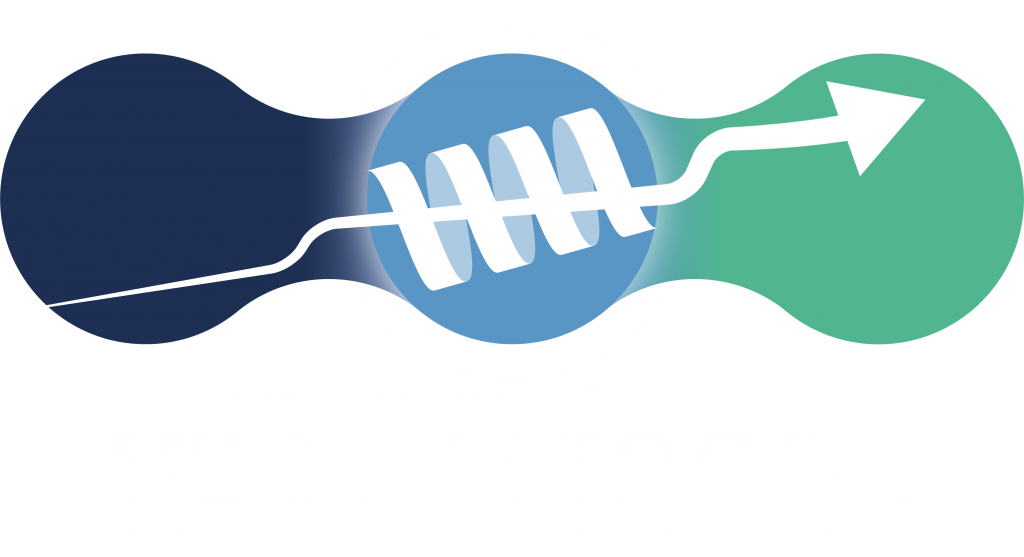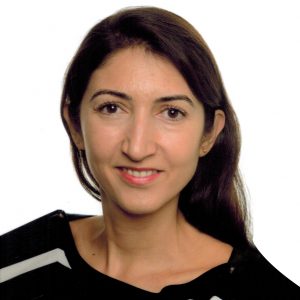Assoc. Prof. Dr.-Ing. Habil. Selin Kara
Aarhus University
Department of Engineering
Biological and Chemical Engineering Section
Gustav Wieds Vej 10, 8000, Aarhus, Denmark


Aarhus University
Department of Engineering
Biological and Chemical Engineering Section
Gustav Wieds Vej 10, 8000, Aarhus, Denmark
Dr. Selin Kara, is Coordinator, WP5 “Coordination and Project Management” Leader, and supervisor of ESR13 & ESR14, has been an Assoc. Prof. at Aarhus University since July 2018 and Industrial Biotechnology Research Area Manager since July 2019. Selin Kara studied BSc. Chemical Engineering and BSc. Food Engineering at Middle East Technical University, Turkey. After her MSc. in Biotechnology and PhD at Hamburg University of Technology (TUHH), Germany, she moved to the Netherlands for her PostDoc stay at TU Delft. In 2013, she started her Habilitation (venia legendi) at TU Dresden. In May 2018, she finalized her Habilitation in “Biotechnology and Bioprocess Engineering” at TUHH. Her research focuses on enzymatic reaction cascades (chemo-enzymatic, multi-enzymatic and photobiocatalytic), biocatalysis in non-conventional media and bioprocess engineering. Dr. Kara has coauthored more than 50 publications and has an h-index of 19.
Key Research Facilities, Infrastructure and Equipment
Research facilities include laboratories equipped with equipment for research in fundamental and applied enzymatic or microbial conversions.
Hosting University: Aarhus University
Aarhus University (AU) was founded in 1928. It has 39,000 students; about 1,800 PhD students –of which one in four has a foreign nationality – and close to 900 postdoctoral scholars together with 11,500 employees. AU has been establishing itself as a university for cutting-edge research, and has been moving up the most important university ranking lists. In 2017, the university is ranked at number 101 at the Leiden Ranking, number 119 at the QS World University Ranking, and number 109 of 17,000 universities on the Times Higher Education World University Ranking. AU has a very successful track record of managing both individual fellowships and large international projects and of hosting visiting researchers of all career stages for both training and knowledge transfer purposes. Internationalisation is part of the University’s mission and it continuously works to strengthen the international profile of the University through a series of initiatives which will increase international research partnerships and the number of international students.
Relevant Publications and/or Research / Innovation Product